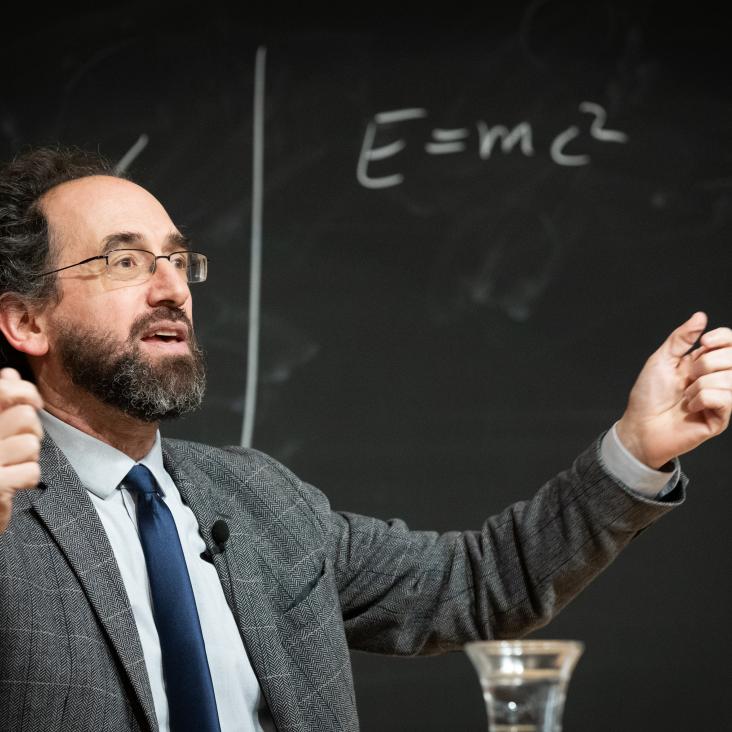Spin-singlet Gaffnian wave function for fractional quantum Hall systems
Physical Review B - Condensed Matter and Materials Physics 87:4 (2013)
Authors:
SC Davenport, E Ardonne, N Regnault, SH Simon
Abstract:
We characterize in detail a wave function conceivable in fractional quantum Hall systems where a spin or equivalent degree of freedom is present. This wave function combines the properties of two previously proposed quantum Hall wave functions, namely the non-Abelian spin-singlet state and the nonunitary Gaffnian wave function. This is a spin-singlet generalization of the spin-polarized Gaffnian, which we call the "spin-singlet Gaffnian" (SSG). In this paper we present evidence demonstrating that the SSG corresponds to the ground state of a certain local Hamiltonian, which we explicitly construct, and, further, we provide a relatively simple analytic expression for the unique ground-state wave functions, which we define as the zero energy eigenstates of that local Hamiltonian. In addition, we have determined a certain nonunitary, rational conformal field theory which provides an underlying description of the SSG and we thus conclude that the SSG is ungapped in the thermodynamic limit. In order to verify our construction, we implement two recently proposed techniques for the analysis of fractional quantum Hall trial states: The "spin dressed squeezing algorithm," and the "generalized Pauli principle." © 2013 American Physical Society.


